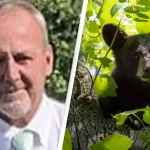For many, understanding one’s identity is a lifelong journey. For Emma Flint, it was a quest that spanned three decades.
Battling societal expectations, personal uncertainty, and the lack of representation in her formative years, Emma’s story is one of resilience and self-discovery. Her journey has become an inspiration for others navigating their own paths.
Growing up in the 1990s, Emma recalls a time when conversations around s3xuality were far more limited. “You were either straight, gay, or lesbian. Anything else was considered ‘made up,’” she shared.
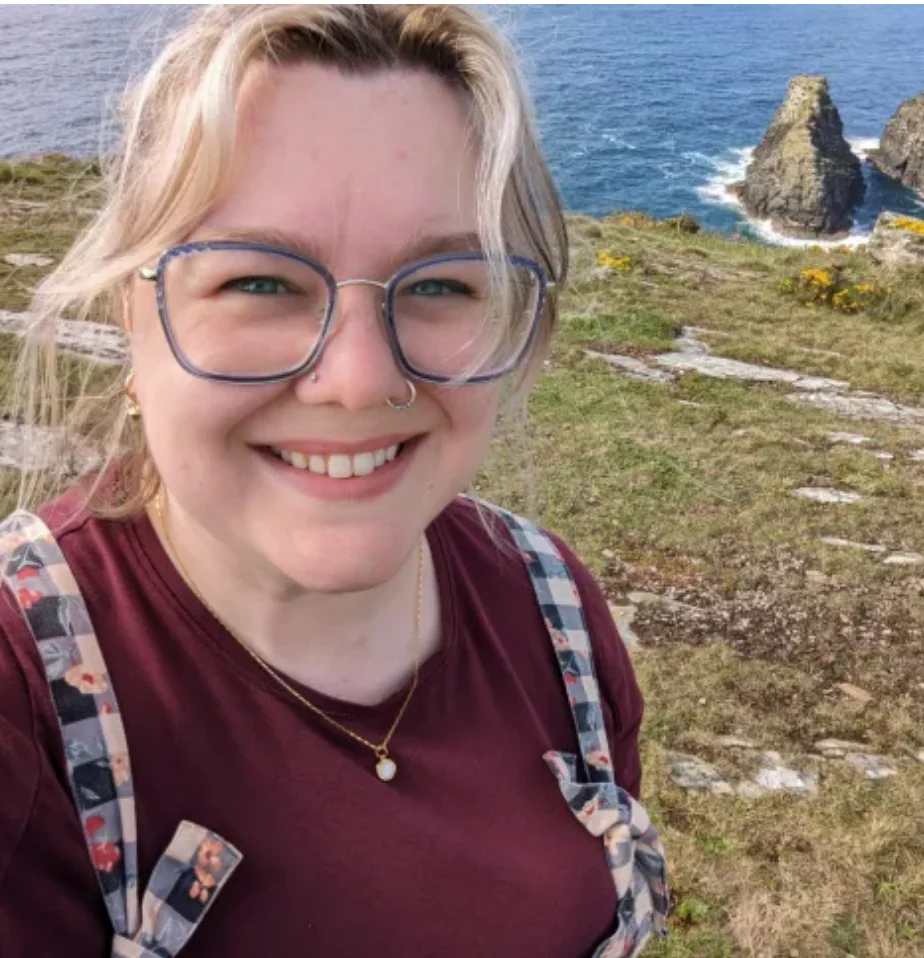
The absence of nuanced discussions about fluid identities left her grappling with her own feelings. She struggled to define her fluctuating attractions, often chastising herself for being uncertain.
“Some days I felt like a lesbian; other days, I identified more with bis3xuality,” Emma explained. “It was frustrating because my feelings shifted so rapidly.”
It wasn’t just her internal struggles that created challenges. When Emma tried to share her experiences, she faced skepticism from her peers.
“When I first tried to explain how I felt, I was often met with blank stares or hurtful comments,” she said. Friends would question her, asking, “When did you decide this?” or dismissing her identity entirely.
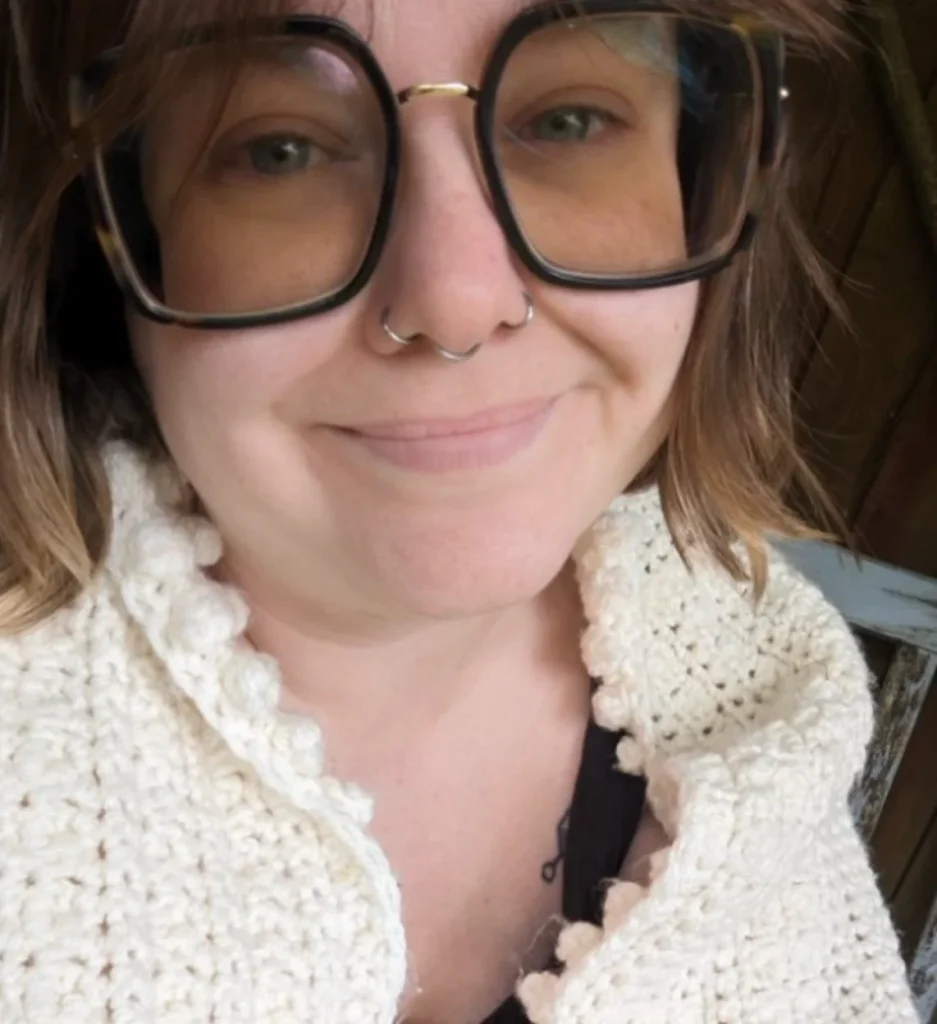
These remarks strained her relationships, and some friendships couldn’t withstand the weight of her truth. Despite the judgment, Emma found comfort in the unwavering support of her family.
“I’m not expecting everyone to understand what it means—I didn’t know until two years ago,” she shared. “But you should always listen with respect.”
Emma’s perspective shifted dramatically when she stumbled upon a term being discussed by Zoe Stoller, a U.S.-based LGBTQ+ creator. Stoller described abros3xuality as a fluid s3xual identity that can shift over time.
Hearing this, Emma experienced a “lightbulb” moment. “It was like a light turned on. Finally, there was a term that fit me,” she said.
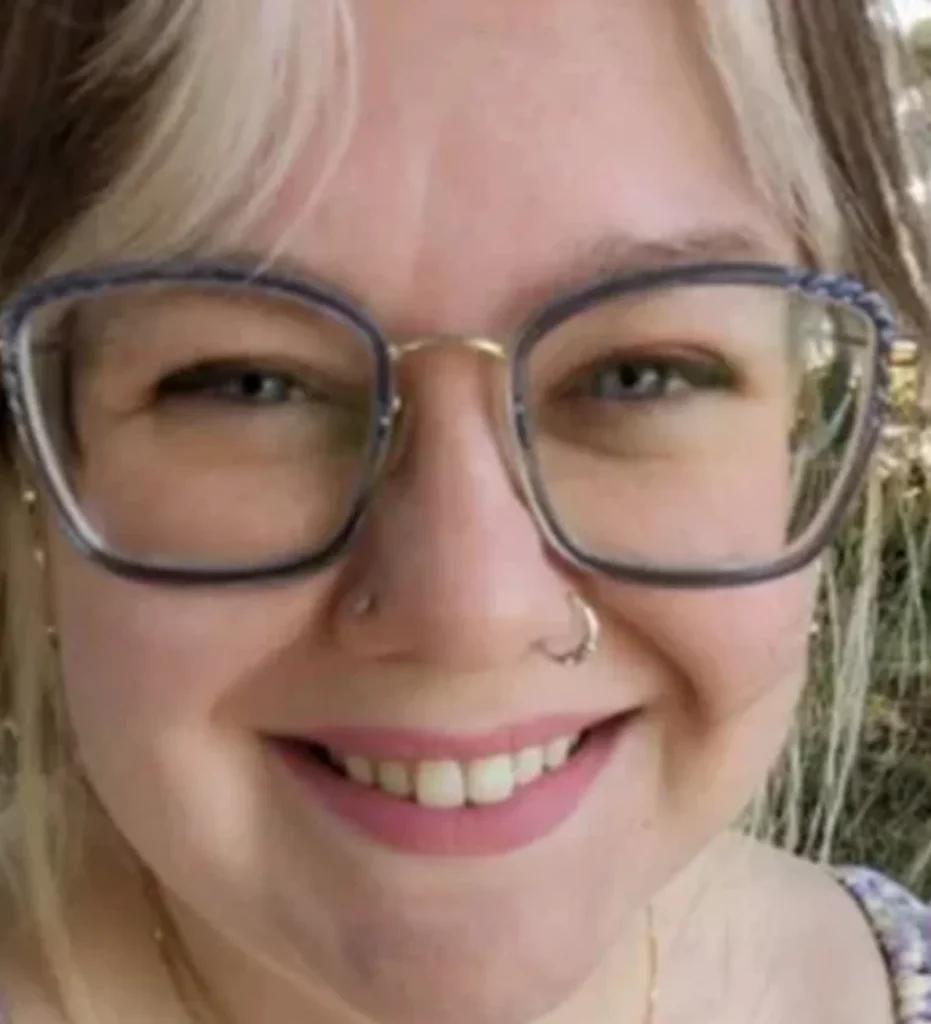
The term “abros3xual,” derived from the Greek word “abro,” meaning “delicate” or “graceful,” perfectly encapsulates the fluidity Emma had long felt. With this new understanding, she began to embrace her identity fully.
This realization brought Emma a sense of peace, but it also came with its own set of challenges. She found herself in a position where she had to educate others about the meaning of abros3xuality.
“It’s still hard to hear things like, ‘Mate, you’re just confused,’” she admitted. “But I refuse to be boxed in by someone else’s limited knowledge.”
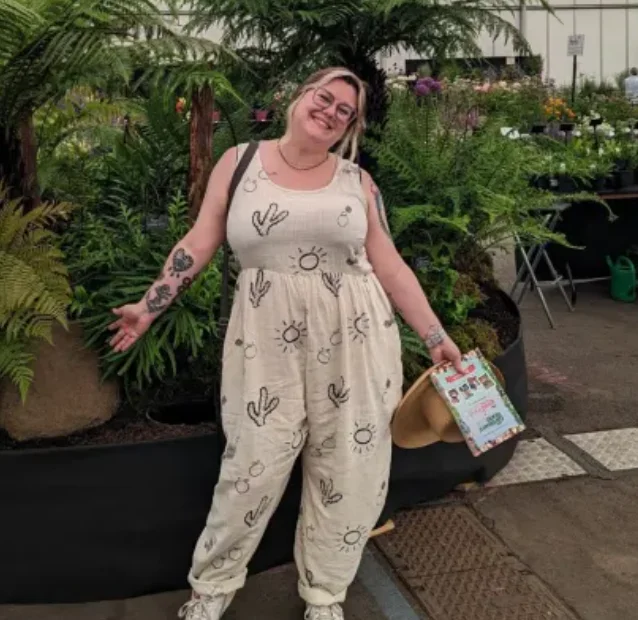
Her resilience has paid off in many ways, as she now feels a stronger sense of self-assurance and clarity. “I’m no longer nervous about my s3xuality because it makes sense to me, and in the end, that’s all that really matters,” she said confidently.
Emma is also vocal about the need for greater acceptance and understanding of abros3xuality. “I hope that one day, abros3xuality will be seen as just another identity,” she explained.
For Emma, the label is not a trend or a phase—it’s an intrinsic part of who she is. She encourages others to approach new terms and identities with an open mind, emphasizing the importance of kindness and respect.
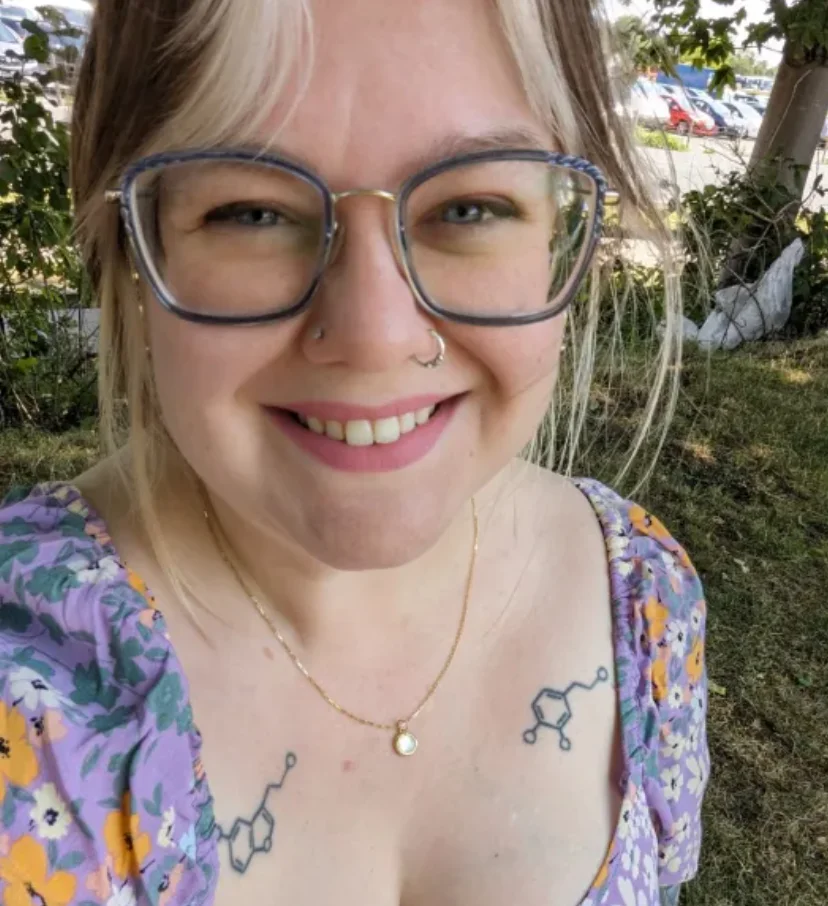
It is only after decades of reflection and self-discovery that Emma is ready to share the label she has fully embraced. At 30 years old, she realized she identifies as abros3xual.
Her story has inspired many in the LGBTQ+ community and beyond. Emma Flint stands as a reminder that self-discovery is a lifelong journey and that everyone deserves the space to embrace their true selves.
Featured Image Credit: (X/ @Emma Flint)
